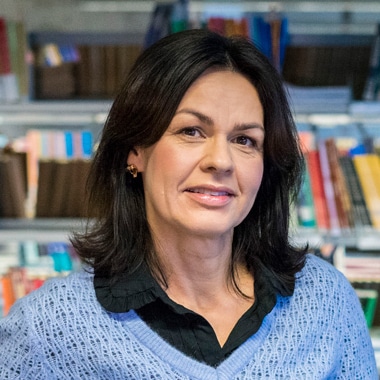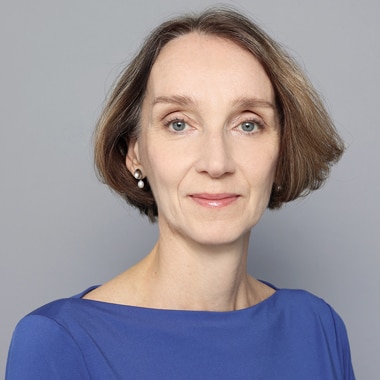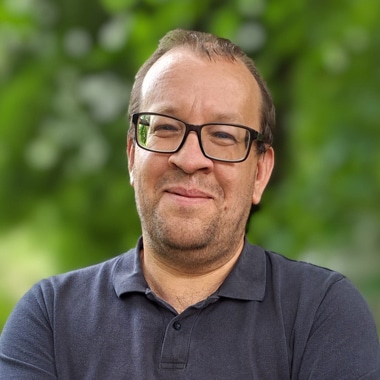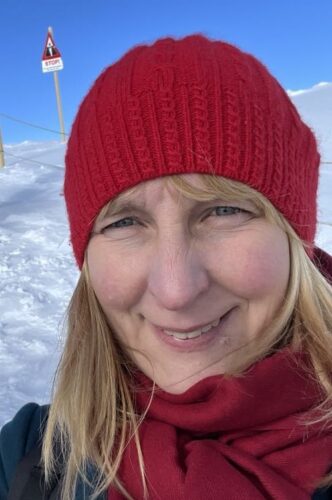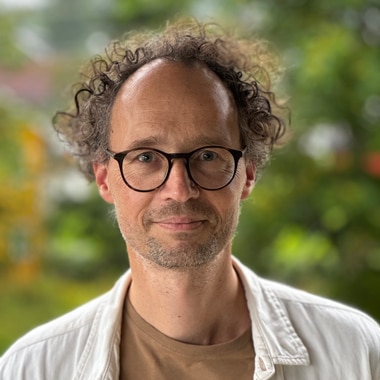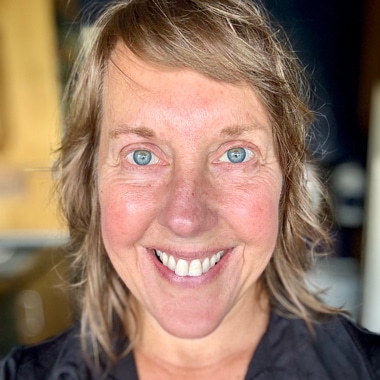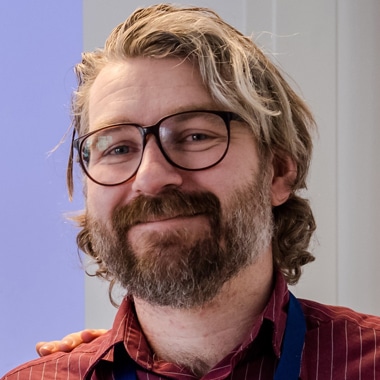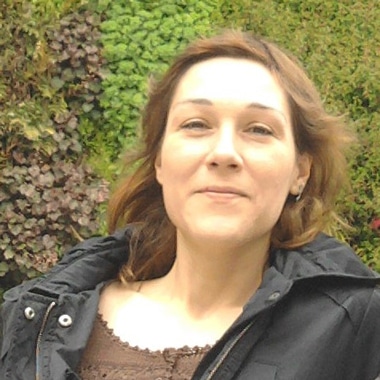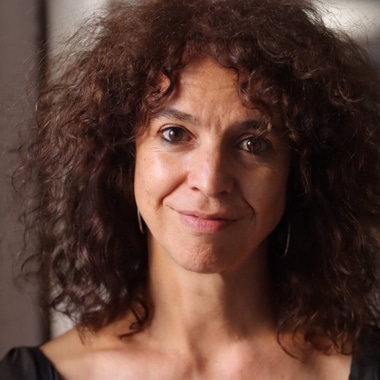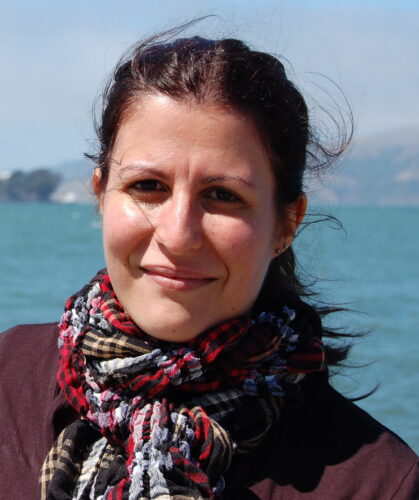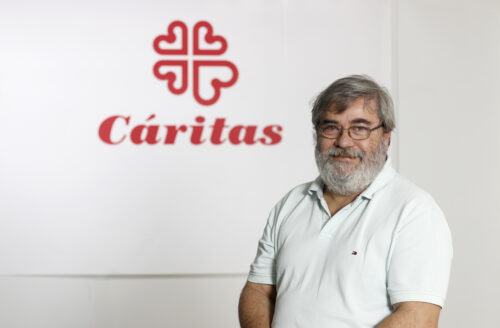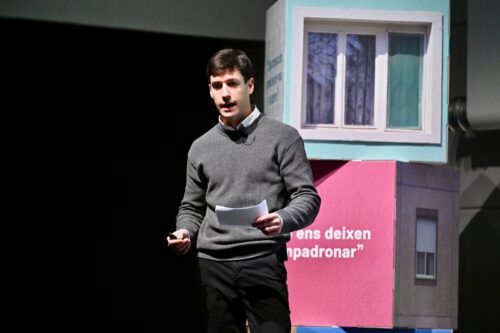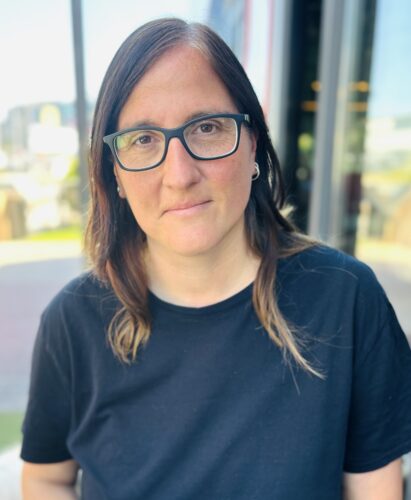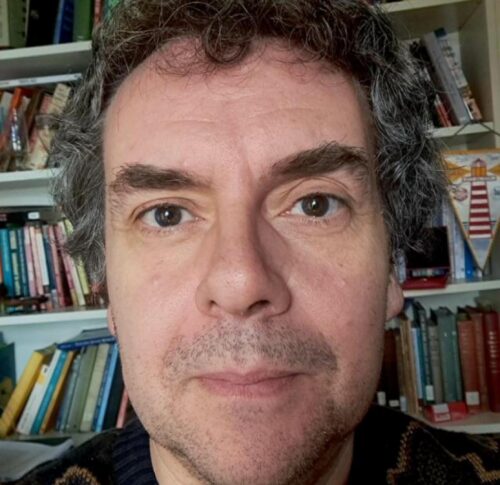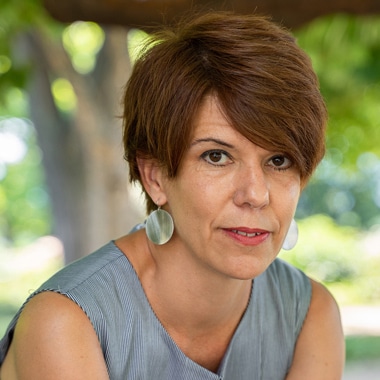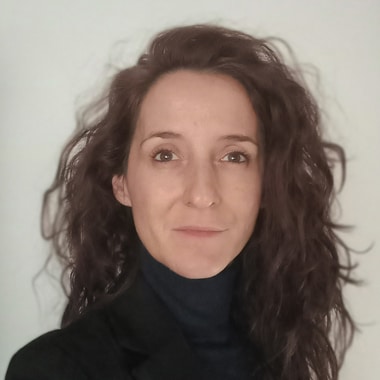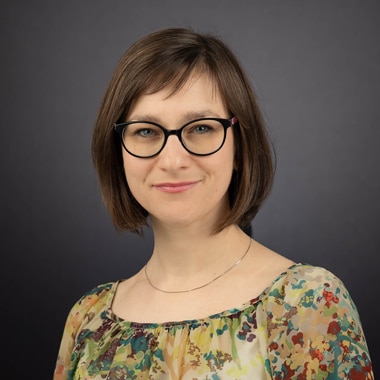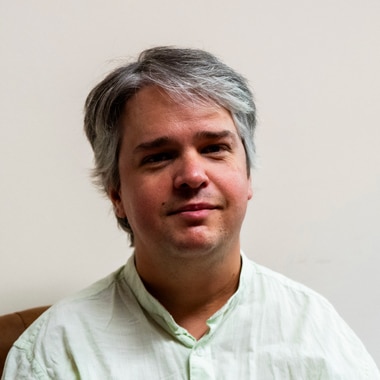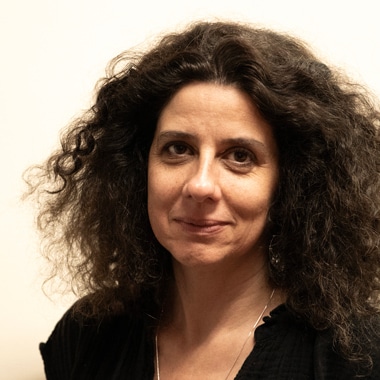Great Britain
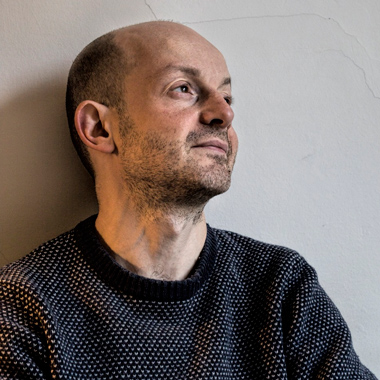
Ben Geiger
Overall project coordinator
Ben is an academic researcher who mostly looks at the links between work, welfare, and health/disability. Having listened to claimants (and read qualitative research), he has become increasingly interested in the experience of claiming welfare, having done research on welfare stigma, disability assessments, and how it felt to claim during Covid-19. He is also interested in attitudes to welfare (including the links to stigma), and how people judge one another. He is currently a Professor of Social Science & Health at King’s College London.
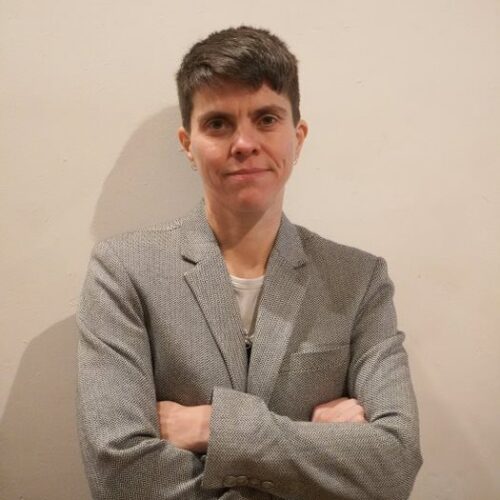
Trude’s work focuses on transnational social, epistemic and environmental justice issues using interdisciplinary and collaborative research methods. Their academic research involves working with marginalized communities, and they have worked in mainland China and India with LGBTQ+ and feminist communities as well as on projects improving the working conditions in higher education for LGBTQ+, disabled and BAME staff in higher education. Trude’s research with marginalised communities aims to improve research methods research through radically inclusive and innovative research methods and to create inclusive and safer spaces. Trude is the Director of the University of Kent’s Q-Step Centre, and had a leading role in establishing the centre, which is a unique, critical research methods centre.
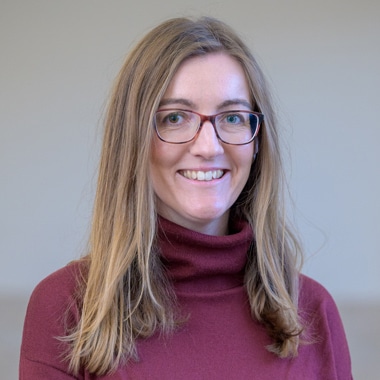
Laura is a Research Manager at the Poverty Alliance, Scotland’s anti-poverty network. She has worked on a range of research projects adopting participatory and creative research methods including research on social security and in-work poverty.
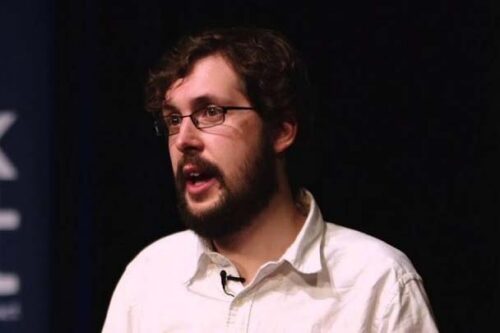
Robert de Vries is a Senior Lecturer in Quantitative Sociology at the University of Kent. His research focuses on social stratification and inequality, with a particular emphasis on social status/prestige and people’s attitudes towards – and stigmatisation of – welfare claimants. He has recently published work on how and why the COVID-19 pandemic failed to generate increased solidarity with claimants, and how social class stereotypes affect welfare sanctioning judgements.
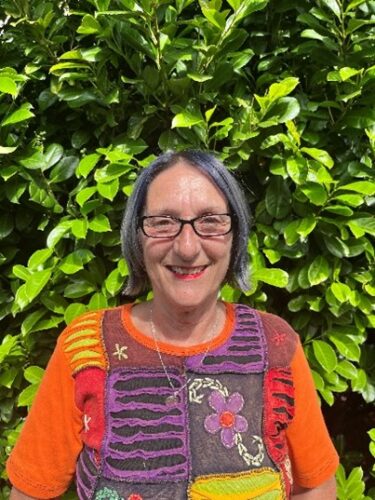
Tracey Herrington
Tracey´s role within this project is to co-ordinate the valuable insight from England through meaningful involvement of the APLE Collective. Her 30 years of working alongside disadvantaged communities, being acutely aware of how policies can have a devastating impact on people’s lives and living herself in poverty for most of my life, brings with it a wealth of lived and learnt experiences. Recognised and highly regarded in relation to developing opportunities for people to have their voice heard and ensuring their insight is not disregarded. Tracey is experienced in working with people who have been marginalised and left out of the debates and decisions that have an impact on their lives through co-ordinating the national work of Poverty2Solutions, advancing the work of the Do Your Duty campaign and as a founding member of the APLE Collective, working on several issues including the digital divide campaign. She is working in 2 Local Authorities facilitating Poverty Truth Commissions and values the need to merge areas of expertise.
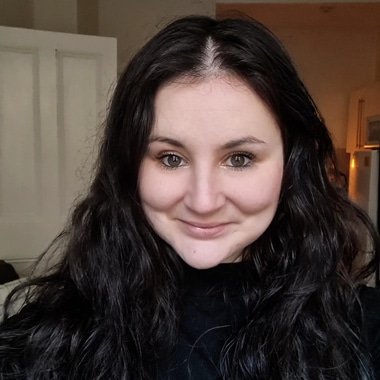
Rianna has recently joined Inclusion Scotland as a policy and research officer. Her area of interest is around the intersectionality of disability with gender identity, sexual orientation, age, and ethnicity, and how this affects access to welfare. Prior to joining Inclusion Scotland, she studied for her PhD in History at Lancaster University. During this, she helped launch the Racial Equity in Policy Network, and her thesis was used by human rights activists to ban so-called conversion therapies in India.
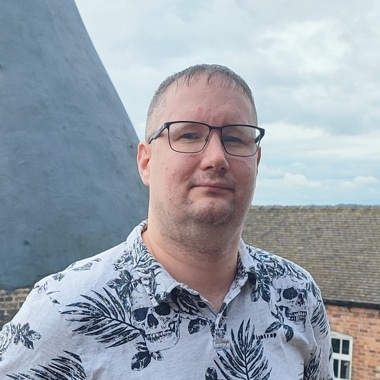
Phil Parkes
I have been the Network Coordinator for Expert Citizens CIC for the past 4 years and as a volunteer for 5 years before that. Expert Citizens were a founding member of the APLE collective of which I have been a member for 4 years. Expert Citizens are a lived experience organisation who believe in the value of peoples experiences in regards to systems change. As part of this work I bring not only my lived experience of the benefits system but the shared experiences of all of our members. My work has also led me to be the PPI (Public and Patient Involvement) lead on a multi university project around addiction and mental health, two factors that are also very prevalent in peoples experiences of the welfare system.
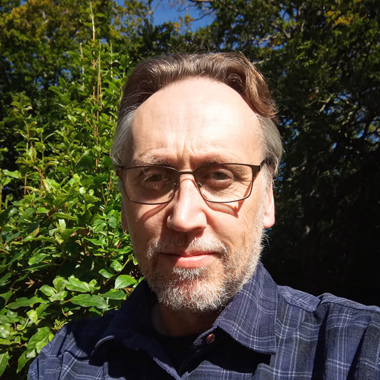
Tom Croft
Thomas Croft lives in the UK and has worked in anti-poverty sector for three decades in the anti-poverty sector. He is a member of the International Movement ATD Fourth World, a French human rights NGO with general consultative status at the United Nations Economic and Social Council. His academic background is in social philosophy and he has participated as a co-researcher on two of ATD Fourth World’s recent international participatory research projects: The Hidden Dimensions of Poverty and Poverty, Social Critique and the Merging of Knowledge.
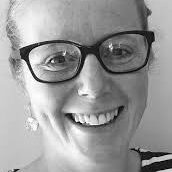
Katy Goldstraw
Dr Katy Goldstraw works with APLE Collective in an administrative role. Katy is an academic and freelance facilitator. Katy is passionate about using creative and participatory approaches to addressing poverty with lived experience. She has worked in Higher Education and the Voluntary Sector throughout her career; writing on VCS assets, citizens voice, and anti-poverty participatory approaches.
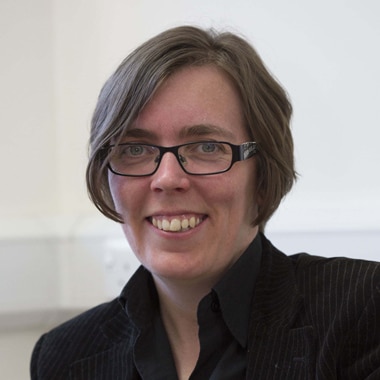
Clare Bambra is an international expert on public health research on how social and public health policies impact on health inequalities. Her mixed methods, social science research focuses on understanding and reducing health inequalities. She is Professor of Public Health at Newcastle University.
